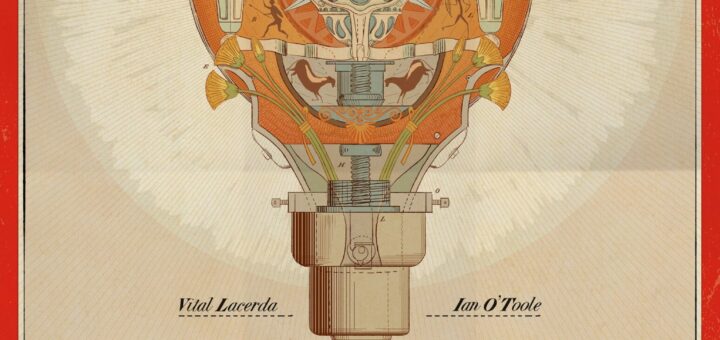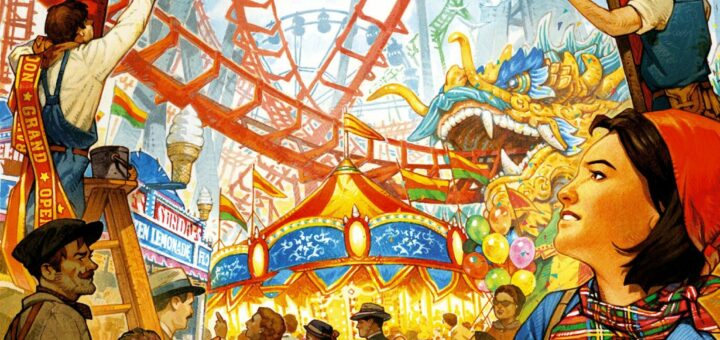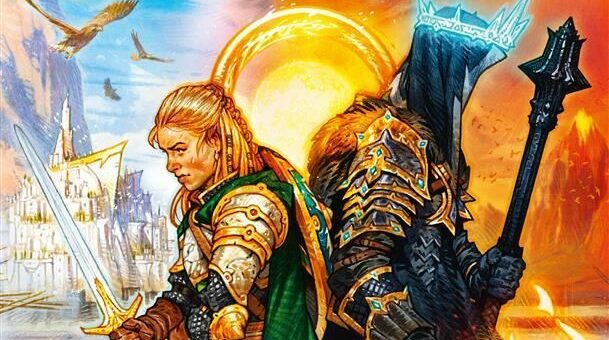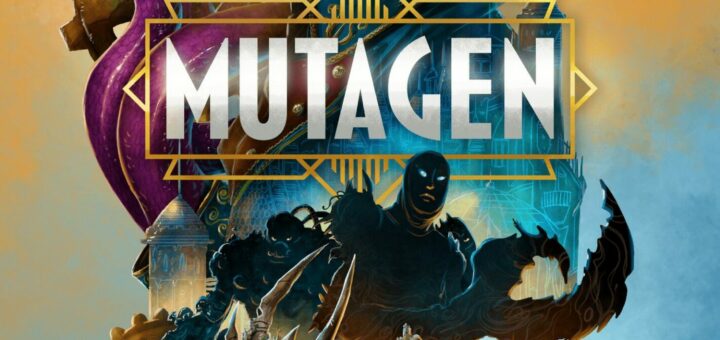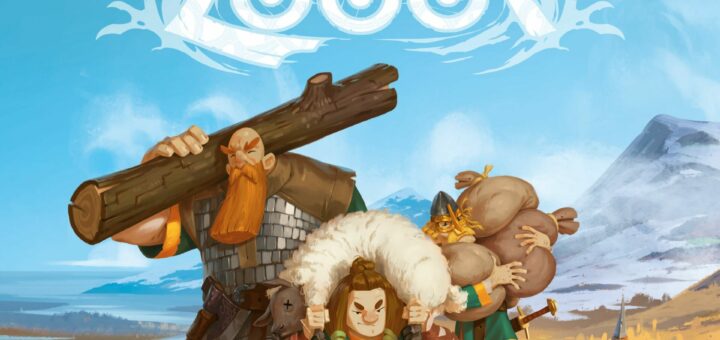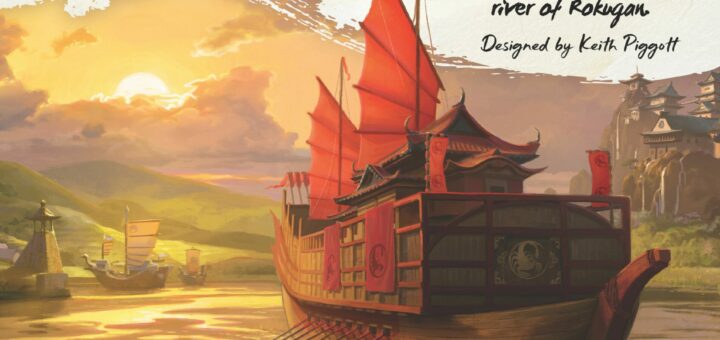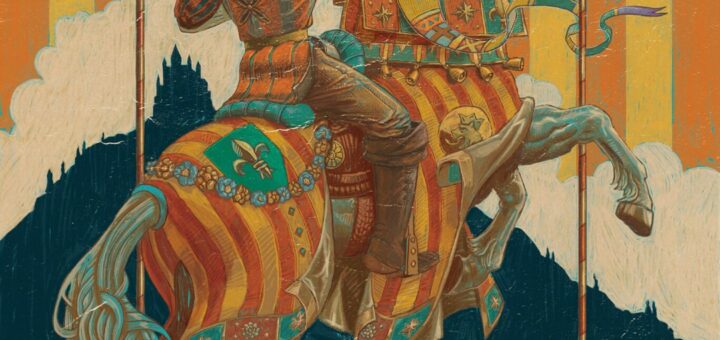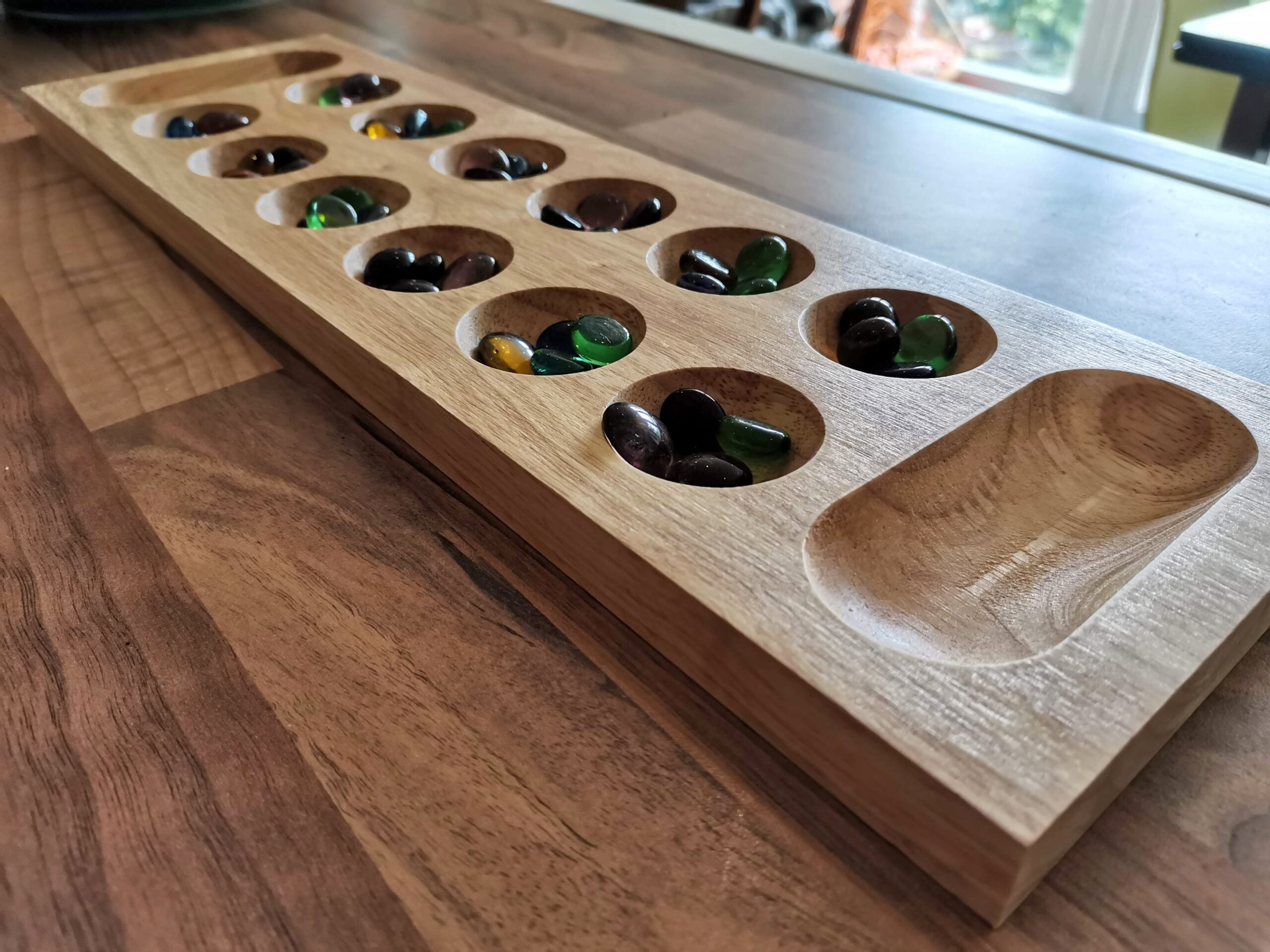Game Type: Competitive - low interaction
Inventions is a great game. It’s a very expensive game, so make sure it’s one that will fit with your group, but if does, you’ll love it. It’s an ever-changing puzzle which your brain will simultaneously love and hate while you try to solve it.
My chosen board game world is one of muted beige and dry themes, so Tenpenny Parks stands out like a neon helter-skelter in the middle of it. I love it for that.
Slamming into 2025 with a portmanteau then. A game about the evolution of your civilisation – that’d be Civolution then! It’s a heavily abstracted game about exploring and exploiting a fictional continent while your...
Shackleton base is built around some seemingly simple actions which belie how deep and malleable the game is. Like a drainpipe full of play-doh, maybe.
You can keep your Marvel and Cthulhu cash-ins, it does nothing for me. Yet here I am singing the praises of a game I love that’s wearing Tolkien’s fantasy garb.
It’s a beautiful two-player game that takes less than ten minutes to play and is so simple you wonder why you haven’t played it before, while simultaneously making you wish you had.
I miss the days when worker-placement games kept things simple and relied on solid core game design to tempt the box off your shelf and onto the table. Mutagen gives me that same feeling again, and I like it all the more for it.
Looot does a lot of things well. It combines two separate geometric puzzles – one shared, one personal – and asks you to figure out the best way to take advantage of the opportunities on each.
The mental gymnastics aren’t venturing into Lacerda or Splotter levels here, but there’s enough to keep your brain on its toes. Not that brains have toes, but you get the idea.
Cascadero is the sort of game which is an instant hit with me. Two to four players, a super slim box which fits in the gaps on any shelves, a couple of minutes to set up, and all done in under an hour. Ideal.

